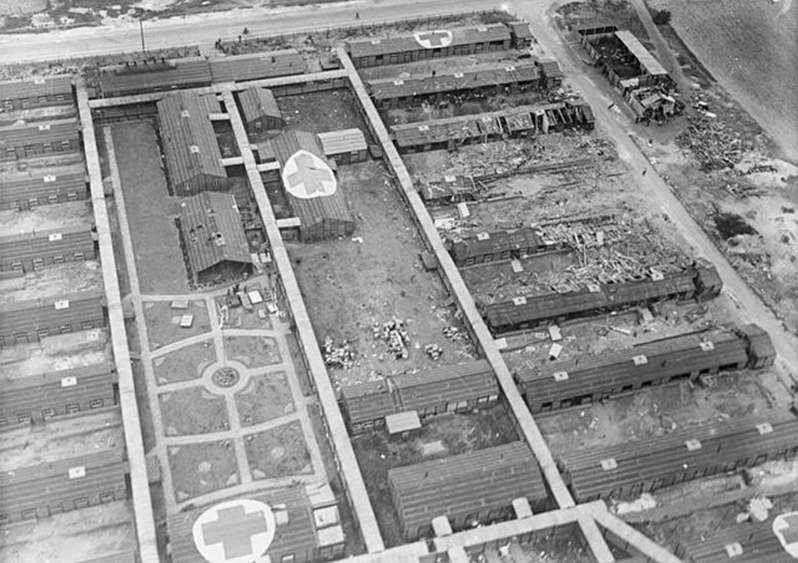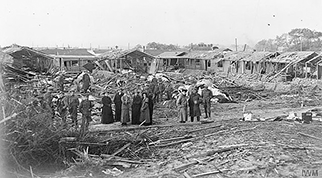The extraordinary story of
Dorothea Mary Lynette Crewdson
NURSING SISTER, VOLUNTARY AID DETACHMENT
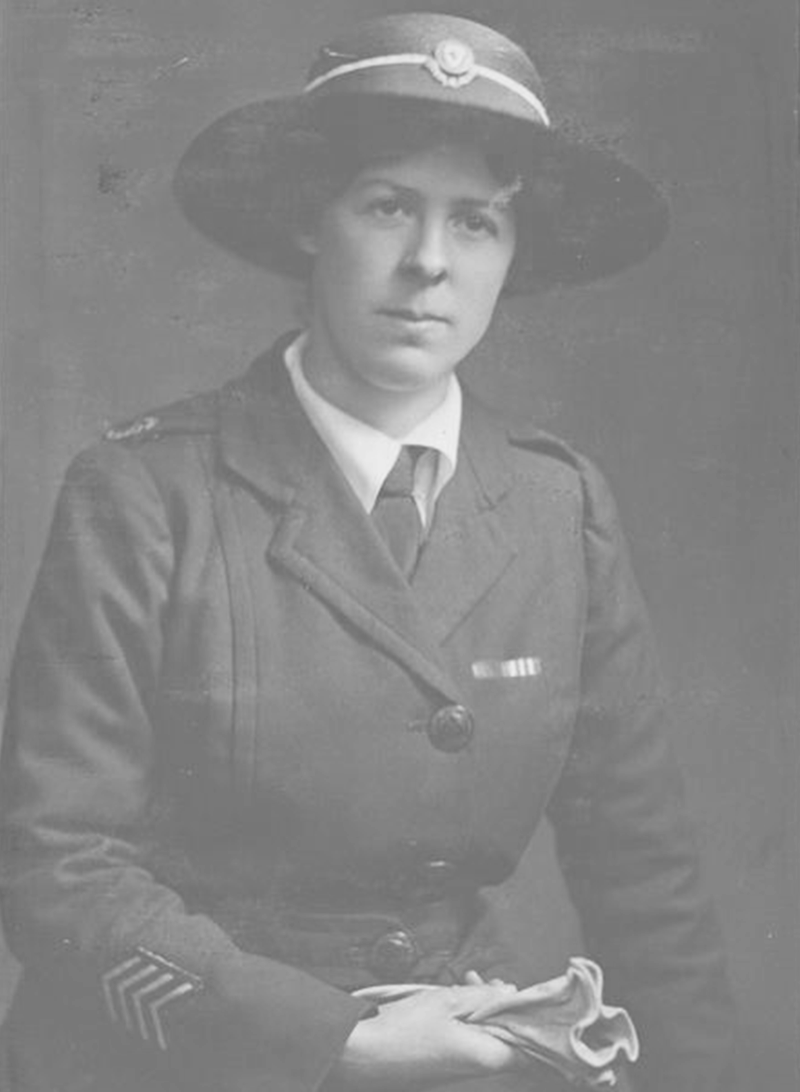
Throughout the world wars the men and women of the medical services worked tirelessly to save lives. Wherever service personnel fought and died, medical professionals were there on the front line, taking the same risks, preserving life. Away from the battlefields, the wounded and sick recovered in hospitals and hundreds of thousands of skilled staff worked with dedication, care and kindness to return them to health, often developing new and cutting-edge treatments for battle wounds and illnesses that form the basis of treatments today.
Lynette Crewdson in Bristol
Dorothea Mary Lynette Crewdson was the middle child of three born to Henry and Margaret Crewdson. Dorothea was born in Bristol in 1886; the family later moved to Lenton in Nottinghamshire, where her father worked as a solicitor. The family were well off and employed a number of household servants. Her mother was an expert painter.
Dorothea received a private education and had a good command of French and German. In the years before the outbreak of war in 1914, there are some suggestions that she became involved with the Women's Social and Political Union (Suffragettes) who were very active in Nottingham. She also undertook work with a charity which supported lonely girls working in domestic service.
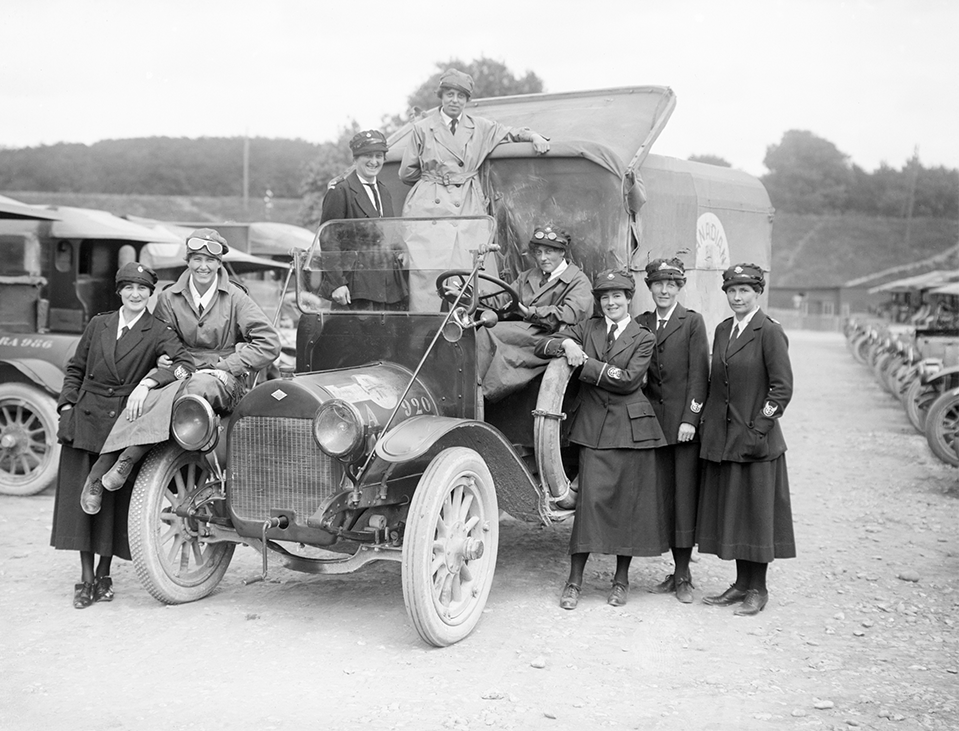
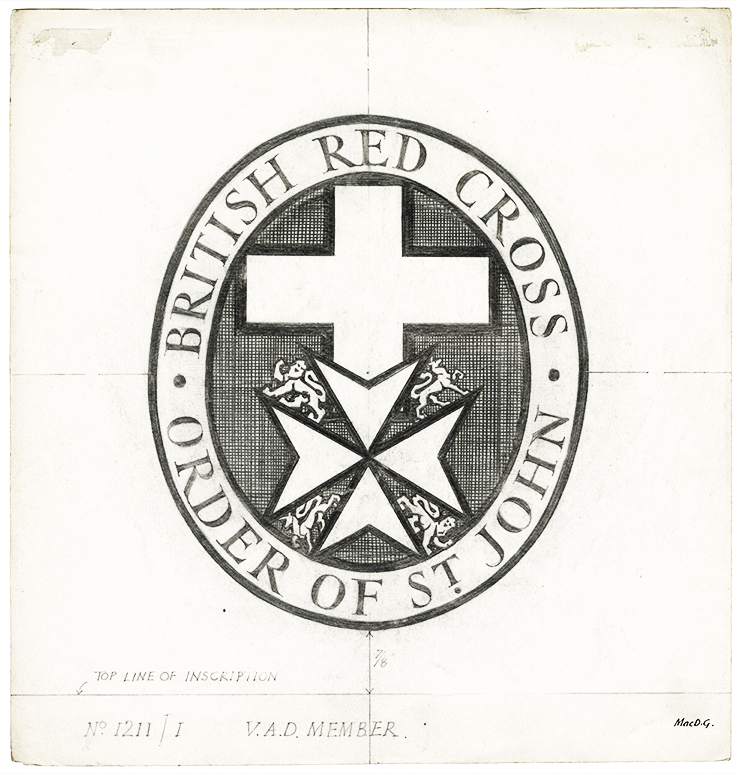
In 1911, she took a decisive step which would shape the rest of her life: volunteering to join the British Red Cross for training as a Voluntary Aid Detachment nurse. She passed her examinations and qualified the following year, joining No.36 South Nottinghamshire Detachment.

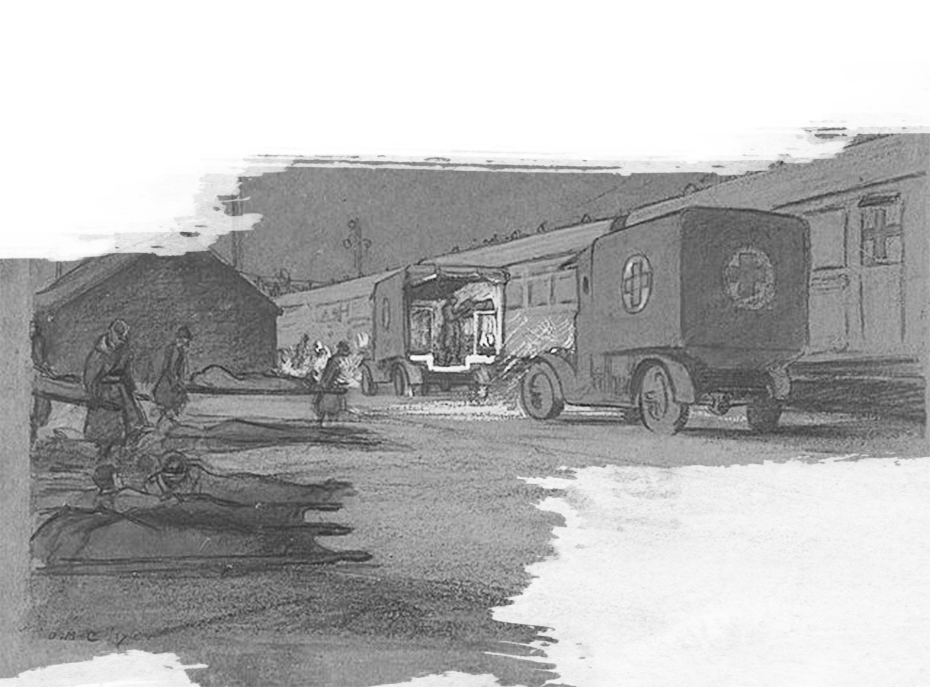
Stationary Hospitals were divided into surgical and medical wards. Dorothea served on both, each bringing different challenges and pressures. When major battles were not being fought, convoys of wounded would still arrive regularly. Such was the effectiveness of the evacuation process that many would not stay long before being sent on to the next stage of their medical journey.
When war broke out in 1914, Dorothea volunteered to serve and undertook a number of duties ranging from helping serve refreshments at Nottingham Railway Station to more specialist nursing work at Nottingham's General and Women's Hospitals.
Early in 1915, Dorothea volunteered for service in a military hospital overseas and in May she received a letter calling her up for service in a military hospital in France. She was ordered to report to No.16 Stationary Hospital at Le Treport, near Dieppe.
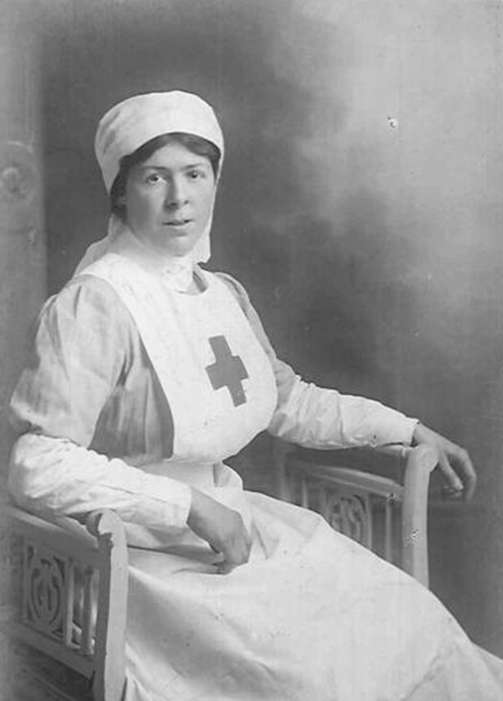
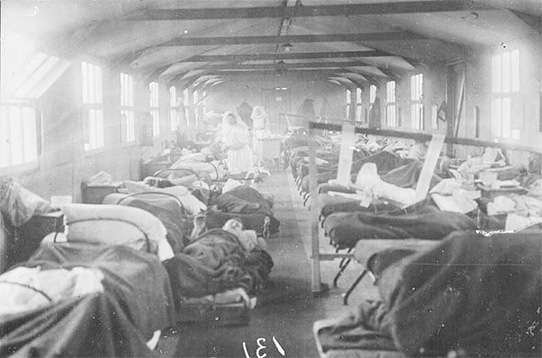



After nearly two years working at Le Treport, in 1917 Dorothea was posted to another hospital at Wimereux before being posted to No.46 Stationary Hospital at Etaples. During World War One, the area around Etaples was the scene of a very large concentration of reinforcement camps and hospitals. Well away from German guns, the area was still at risk from bombing raids by German aircraft.
In the summer of 1918, Dorothea was on duty when German bombers raided the area. For her conduct during an air-raid, Dorothea was awarded the Military Medal, ‘for gallantry and devotion to duty during an enemy air raid. Although herself wounded, she remained at duty and assisted in dressing the wounds of patients.’
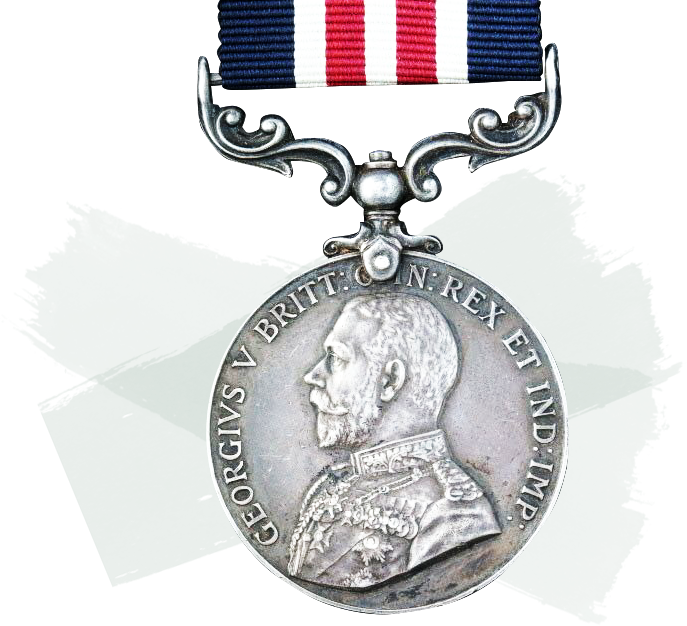
Dorothea served for more than three and half years as a nurse in France, working through the great battles of the Somme and Third Ypres. Even with the end of the war in November 1918, the work in the hospitals continued, as a flu pandemic swept the world. Dorothea did not succumb to flu despite treating many patients with it.
At 3.30am, while on night duty in March 1919, Dorothea wrote how flu was still rampant on the wards but she ended on a positive note:
“This finishes my volume. Next will come the ‘peace number’ of the diary and will see me home again I expect.”
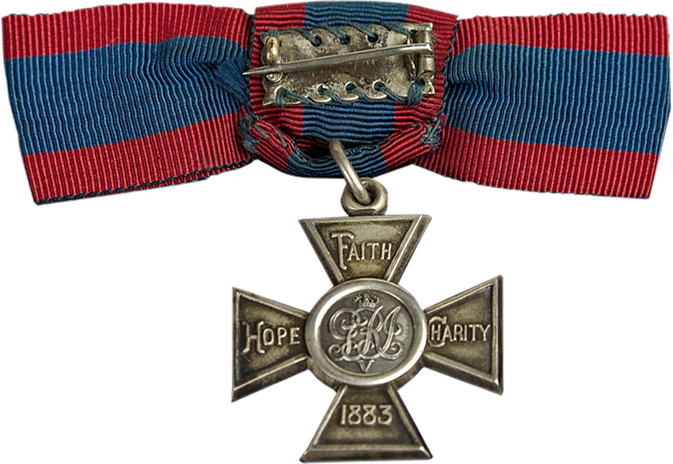
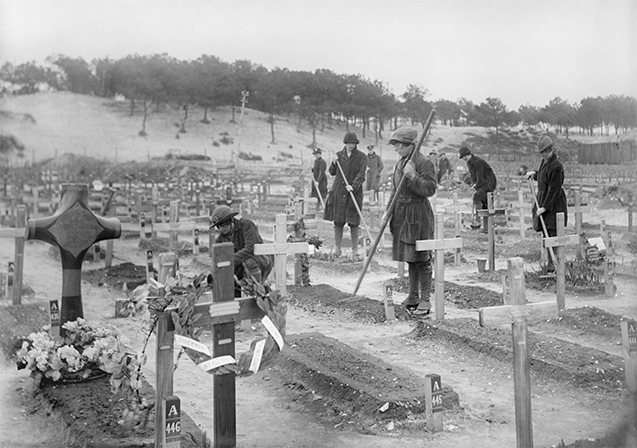

Sadly, on 12 March 1919, Dorothea died suddenly of peritonitis. She was posthumously awarded the Royal Red Cross. She I s buried at Etaples Military Cemetery, alongside more than 11,000 others who died in the military hospitals there during World War One.
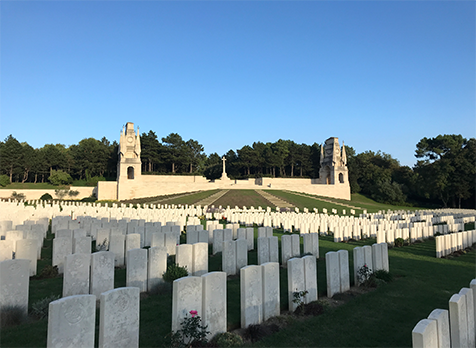
Dorothea Mary Lynette Crewdson
1886 - 1919
We'd love to hear your story
We use necessary cookies to make our site work. We'd also like to set analytics cookies that help us make improvements by measuring how you use the site. These will be set only if you accept.


